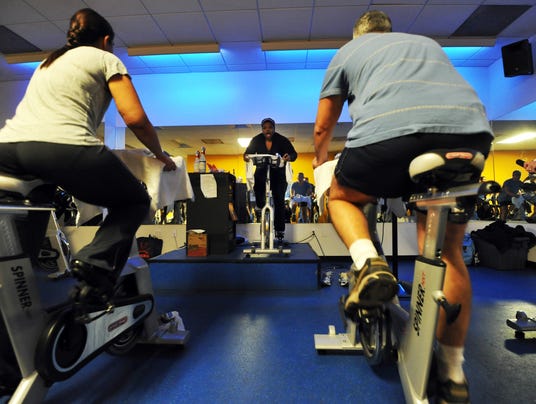
When compared with the exercise group, the diet and exercise group had less knee pain, better function, faster walking speed, and better physical health-related quality of life.
Eighteen months of intensive diet and exercise together lead to less knee pain and better function among overweight and obese adults with knee osteoarthritis, new research has revealed.
Stephen P. Messier, Ph.D., of Wake Forest University, Winston-Salem, NC, and colleagues conducted a study to determine whether a 10% or greater reduction in body weight induced by diet, with or without exercise, would reduce joint loading and inflammation and improve clinical outcomes more than exercise alone. The study included 454 overweight and obese older community-dwelling adults (age 55 years or older with a body mass index of 27-41) with pain and radiographic knee OA. The interventions consisted of intensive diet-induced weight loss plus exercise, intensive diet-induced weight loss, or exercise. It was found that average weight loss was greater in the diet and exercise group and the diet group compared with the exercise group. When compared with the exercise group, the diet and exercise group had less knee pain, better function, faster walking speed, and better physical health-related quality of life. The study found that participants in the diet and exercise and diet groups had greater reductions in Interleukin 6 (a measure of inflammation) levels than those in the exercise group, and those in the diet group had greater reductions in knee compressive force than those in the exercise group. Researchers said the findings from this trial suggested that intensive weight loss may have both anti-inflammatory and biomechanical benefits; when combining weight loss with exercise, patients can safely achieve a mean long-term weight loss of more than 10%, with an associated improvement in symptoms greater than with either intervention alone. The study is published in journal JAMA. Source: http://www.dnaindia.com









 The number one selling sunscreen in the U.S. natural markets, W.S. Badger Company, has voluntarily recalled 30,000 of its baby and kids’ sunscreen lotions because of potential disease-causing bacteria.
The number one selling sunscreen in the U.S. natural markets, W.S. Badger Company, has voluntarily recalled 30,000 of its baby and kids’ sunscreen lotions because of potential disease-causing bacteria.